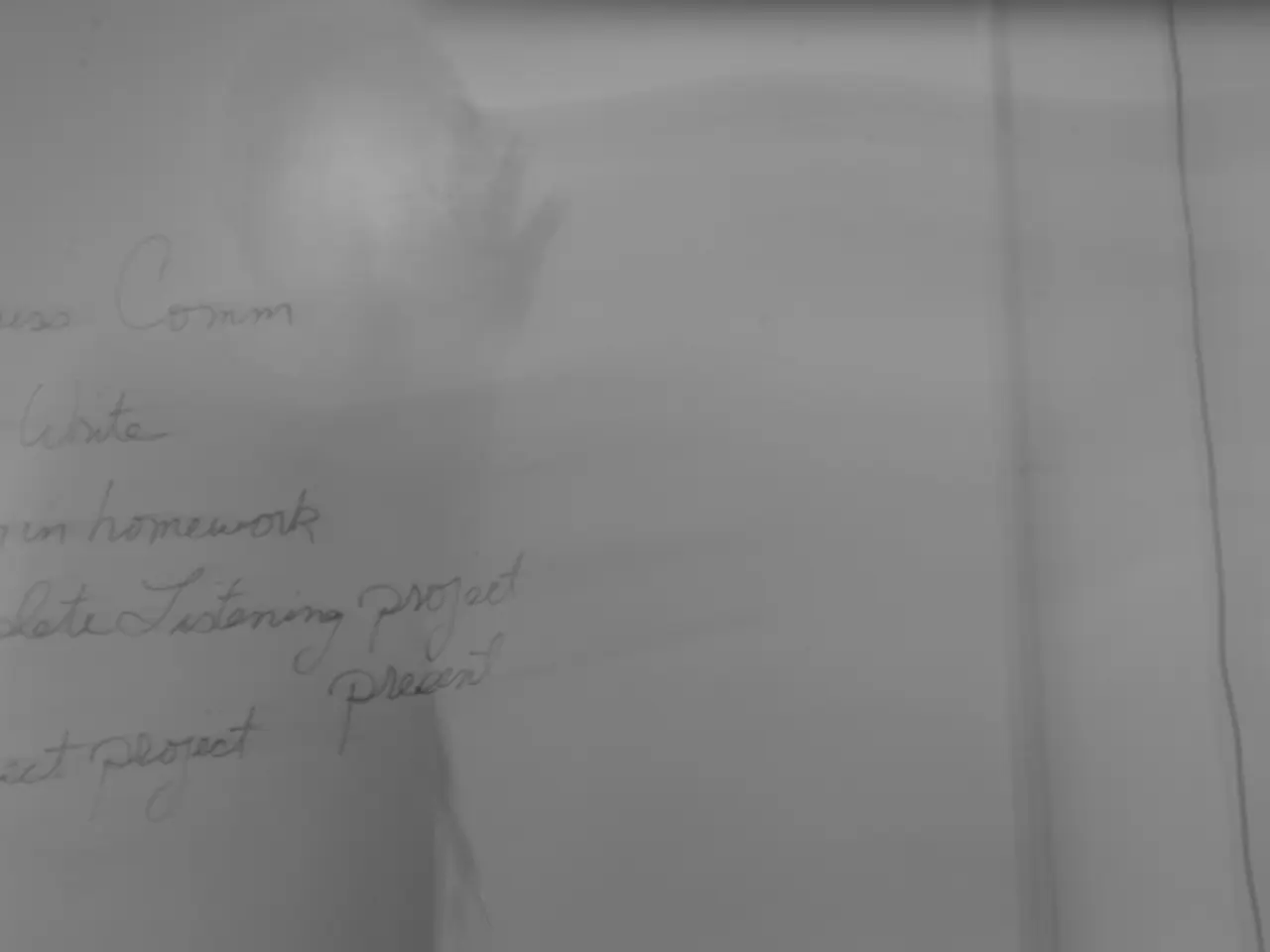USPTO Subject-Matter Eligibility (SME) Advisory for Computer-Related Inventions and Software Innovations - A Valuable Guide for Patent Applicants
Commissioner Kim's August 4, 2025 memorandum provides crucial guidance on subject matter eligibility (SME) rejections under 35 U.S.C. § 101, particularly for claims related to AI, machine learning, software, and embedded software. The memorandum, known as the Kim Memo, aims to promote consistency and predictability in SME examination standards.
The Kim Memo reinforces that § 101 rejections should only be made when it is more likely than not—meaning greater than 50% likelihood—that the claim is ineligible. This discourages rejections in close cases.
Examiners are advised to carefully distinguish between claims that merely recite a judicial exception, such as abstract ideas, and those that integrate or improve technology. Claims that improve computer capabilities or technical fields tend to support eligibility by integrating exceptions into practical applications or showing significantly more than the judicial exception itself.
The analysis under the Alice/Mayo framework Step 2A requires viewing claims "as a whole" and evaluating whether the claims improve technology rather than applying an abstract idea with generic computing. Examiners are reminded to consider particularity or generality in the application of a judicial exception, such as whether technological limitations improve the judicial exception or the broader technology field.
The Kim Memo does not establish new policy but clarifies and reinforces existing SME examination standards. The impact of this guidance is expected to provide more opportunities for applicants to overcome § 101 rejections by encouraging a nuanced and thorough eligibility analysis that favours claims demonstrating technological improvement, especially in AI and ML inventions.
Overall, this aims to reduce improper § 101 rejections and foster innovation in software-related fields. The Technology Centers 2100, 2600, and 3600 were the recipients of the Kim Memo. The Kim Memo also offers valuable guidance for demonstrating that claims satisfy the requirements of the Alice/USPTO SME framework, provides authoritative language to help respond to overly expansive § 101 rejections in relation to technological advances embedded in AI and software innovations, and advises against classifying claim limitations that cannot practically be performed in the human mind as mental processes. Furthermore, the Kim Memo offers guidance for practitioners on rebutting § 101 rejections, and the excerpts can be woven into drafting and prosecution strategies to more persuasively demonstrate that claims satisfy each stage of the Alice / USPTO subject matter eligibility framework.
The Kim Memo reaffirms that artificial-intelligence (AI) and machine-learning (ML) inventions may be eligible under Section 101, as long as they demonstrate technological improvement beyond mere judicial exceptions or abstract ideas. Examiners should consider claims focused on improving computer capabilities or technical fields, as they are more likely to support eligibility, particularly for AI and ML inventions.




